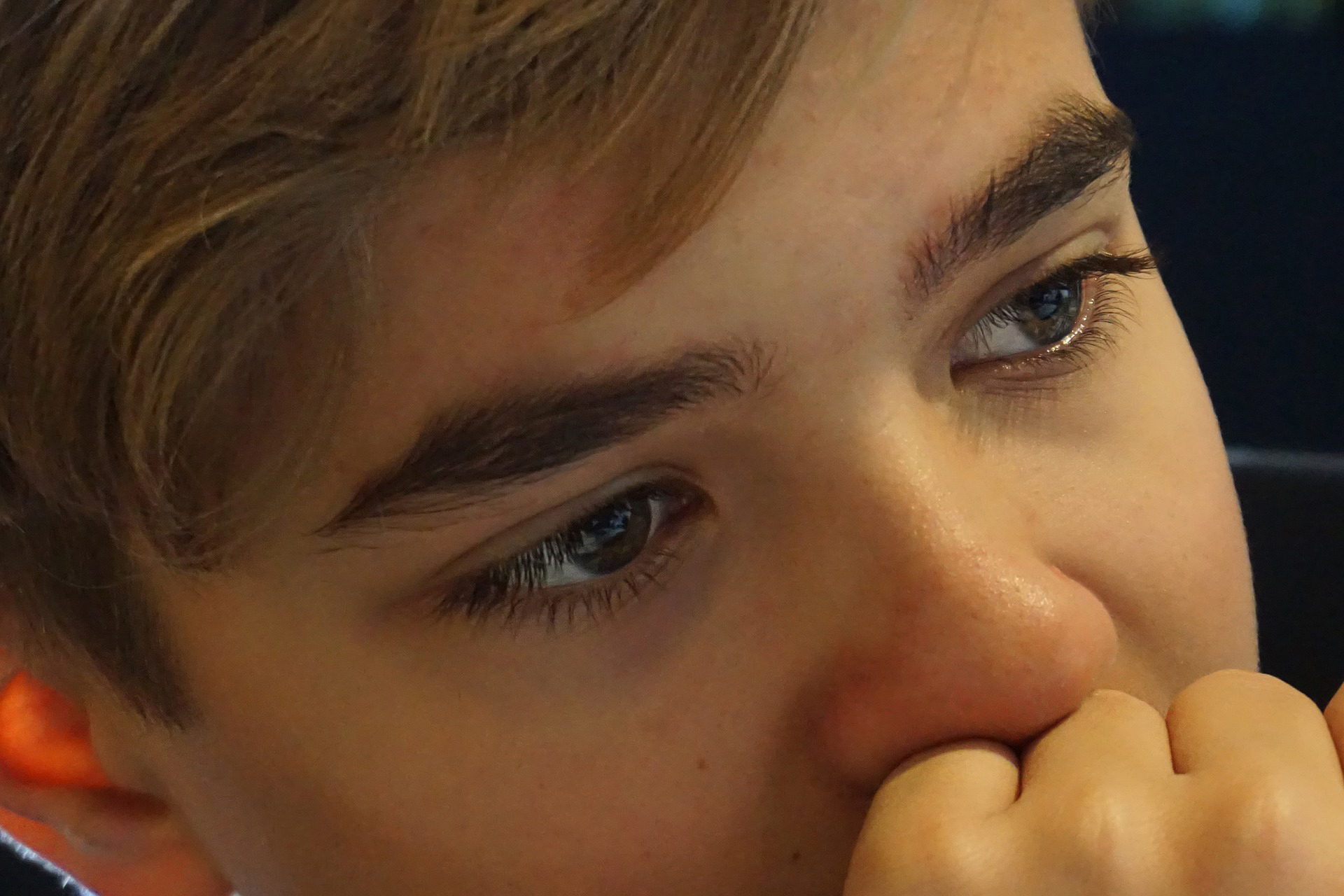The explosion in Manchester last night realised a parent’s nightmare. Targeting teenagers and young people at a concert made this attack one of the worst attacks UK has ever faced. There’s no doubt that parents everywhere will want to protect their children, however rather than shutting them away from the big bad world parents are urged to talk to their children about what happened.
If parents don’t address these attacks, children will rely on their own vivid imagination or another child at school to make sense of what happened. Starting a conversation about the attacks – no matter how basic – sends the message that your door is open and questions are welcome.
“Don’t delay telling your children,” Harold Koplewicz, president of the Child Mind Institute, tells us. “It’s very likely that your child will hear about what happened, and it’s best that it comes from you so that you are able to answer any questions, convey the facts, and set the emotional tone.”
With younger, school-aged children, parents need to offer age-appropriate information and stay calm. One of the most important things is to make sure that your child knows he can talk to you, ask questions and open up about his fears and other emotions.
Below are some points to help you make sense of the attacks when your child comes to you with questions.
Validate their feelings
Acknowledge their fear or sadness while looking for ways to make them feel safe. Don’t minimise their fear; if a child says, “I am scared” don’t respond, “There is no reason to be scared.” If you dismiss their fear, children will feel embarrassed or criticised and learn you’re not someone who’s safe to talk to. Acknowledging your own fear, or sadness, shows it is okay to be scared.
Start a conversation
Ask open ended questions. Psychologist Emma Kenny says, “Ask them if they’ve heard the news and allow them to have that conversation. That’s how they can start to ask you the questions that really most people want to ask each other.”
Gauge what level of information your child wants. Very young children are likely to be put at ease with reassurance from their parents. For children aged 6-11 knowledge can be empowering and help relieve anxiety, however too much information can be overwhelming. “Leave out details that may create increased fear or compromise your child’s sense of safety,” writes Ritamaria Laird, an expert in pediatric mental health in Chicago. “Remember, your main goal is to convey a sense of security for your child. Listen to your child and provide information based on your child’s questions.” Try to be as honest and open with your answers to their questions, but make sure your responses and explanations are age appropriate and don’t bombard them with too much information.
Make your child feel safe
However horrific the recent events, ensure your family focuses on what’s good in the world and how these attacks can bring people together, not tear us apart. Remind them of all the people in their lives who can protect them: you, teachers, coaches, babysitters, grandparents, police, security guards. If they are suddenly scared to leave you, talk about all the times you have been separated and then reunited. Ask them what would make them feel safe. Listen to them. Talk about heroes to counterbalance stories of terrorists.
“For younger children with no sense of geography these attacks are happening in their living room as that’s where they’re seeing it on TV,” says child psychologist Amanda Gummer. “They don’t have a real ability to put it into context. Explain that they know it takes five hours to get to granny’s and they know that if it’s raining here, it’s not always raining at granny’s, and these attacks are 10 times as far away as granny is. Those kinds of concrete examples, give children something to hold onto to make them realize this is happening a long way away it’s not on their doorstep. It’s not in their immediate world.”
Be available
If your child is upset, just spending time with him may make him feel safer. Children find great comfort in routines and doing ordinary things together as a family may be the most effective form of healing.
Monitor media
Allow children to watch the news but don’t let them become consumed by it. “Be mindful of any disturbing news coverage,” advises Katharine Hill, UK director at Care for the Family. “Even older children can be disturbed by graphic news content, so make sure their viewing is supervised.”
Monitoring social media feeds can be difficult, but having an open and honest conversation can lead to that discussion.
Lead by example
“Model calm,” advises family therapist Susan Stiffelman, “I know this is easier said than done, but children look to us to determine how they should feel about something. If you are frantic or beside yourself with worry, your children cannot help but be negatively affected. Find ways to bolster your spirit, whether it’s prayer, meditation, yoga, music, or time in nature to help you regain a sense of equilibrium as best you can so that you can be a calming presence for your kids.”
Be aware of little ears
“Don’t have big discussions about the current issues of the day in front of children,” advises Gummer. “The rule of thumb is to either talk to your children about it and allow them to ask questions and involve them in the discussions in an age appropriate way or don’t talk about it in front of them. They get really scared when they hear grown-ups having a conversation about something that sounds really scary, it’s like kids sitting at the top of the stairs hearing their parents arguing.”
Talking to your children about terrorism is a horrible job, but a necessary one in the modern world and how you tackle it depends very much on their age.


Leave a Reply